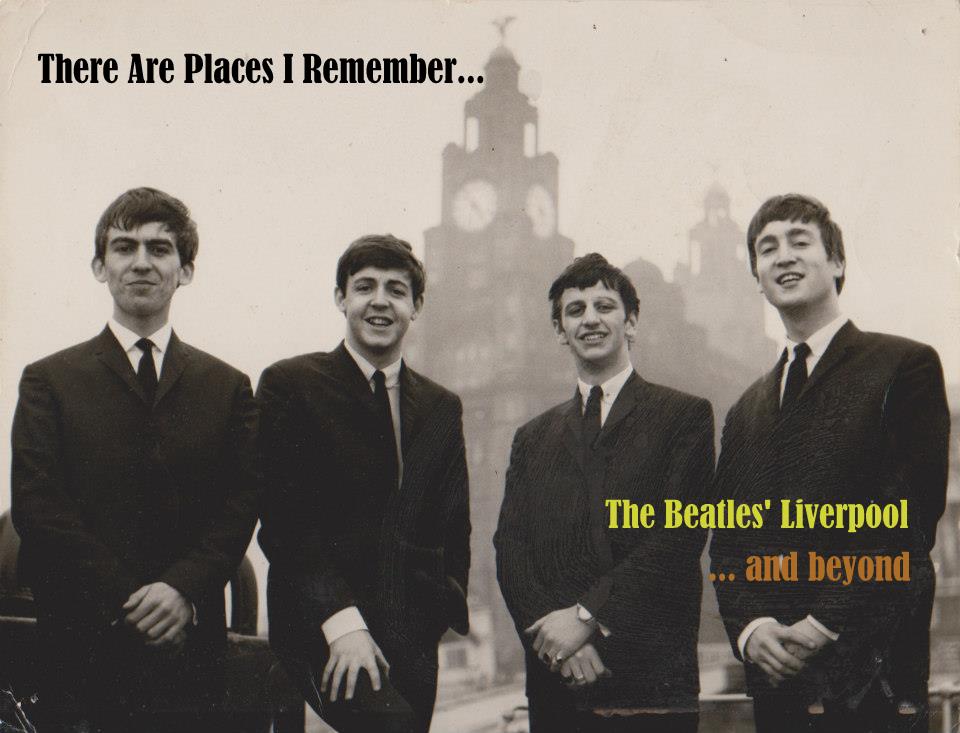Sunday, 29 May 2022
The Epstein family in Walton: The seeds of a business empire (1896 - 1962) (part two)
Monday, 23 May 2022
The Epstein family in Walton: The seeds of a business empire (1896 - 1962) (part one)
In this blog I'm going to look at the Liverpool locations connected to the ancestors of the Beatles' manager Brian Epstein, all of which are found in the Anfield, Kirkdale, and Walton areas of the city. As we shall see, there is also a little-known location connected to Paul McCartney.
80-82
Walton Road, L4 4AG
Brian Epstein’s grandfather, Isaac Epstein was born in 1877 in Konstantinovo, a small town in what is today Lithuania but was then part of a discriminatory and economically backward Russian Empire.
Isaac was part of the first wave of mass emigration from Lithuania that took place between 1865 and 1915. Some 700,000 left during this era and whilst the majority of the first emigrants were Catholic Lithuanians, there were sizeable minority groups of Jews, Poles and Germans.
Their reasons for leaving varied. Lithuanians were heavily persecuted under Russian rule. The Lithuanian language was banned, young men faced being conscripted into the Russian army for up to twelve years and there were few non-agricultural jobs because of Russia’s decision not to create industry in the country. Most Lithuanians were forced to live a serf-like existence labouring for the local nobles. With the abolition of serfdom in 1861, Lithuanians gained freedom of movement but there was no accompanying land reform entitling them to a piece of land. This remained in the hands of the mostly non-Lithuanian nobles.
Although the social standing of many of the ethnic minority groups was typically above that of many Lithuanians in that they were never serfs, they were still subject to many forms of persecution. At that time, a person was defined by their ethnicity, language, and religion rather than their birthplace. Their citizenship was Russian yet no community within Lithuania identified with it except for those who were ethnic Russians. Ethnic minorities, and especially the Jews, had less of an attachment to a country that was as culturally alien to them as the United States, which is ultimately where nearly 350,000 Lithuanians made their home, primarily on the East Coast.
Another
330,000 travelled to other cities within the Russian Empire, 100,000 went to
what is now Latvia and around 20,000 went to the main cities of the UK, Canada,
Brazil and Argentina.
-
The inspiration for this latest blog is a superb book I received for Christmas - John and Yoko / Plastic Ono Band, a near 300-page hardback...
-
Liverpool Beatles Museum Mathew Street Liverpool 2 Quarry men old before our birth* Straining each muscle and sinew Toiling together, Mo...
-
W.W. Abba 85 Woolton Road Liverpool L19 6PL At Woolton village fete I met him. I was a fat schoolboy and, as he leaned an ...
-
Sixty years ago today Julia Lennon died. Tuesday 15 July 1958 My mother was a housewife, I suppose. She was a comedienne and a sing...
-
Maternity Hospital, Oxford Street, Liverpool. L7 Oxford Street Maternity Hospital Julia Lennon gave birth to John Winston Lennon i...
-
25 Upton Green, Speke, Liverpool L24 When Beatles' historian Steve Bradley invited me and a few friends over for breakfast at the former...






